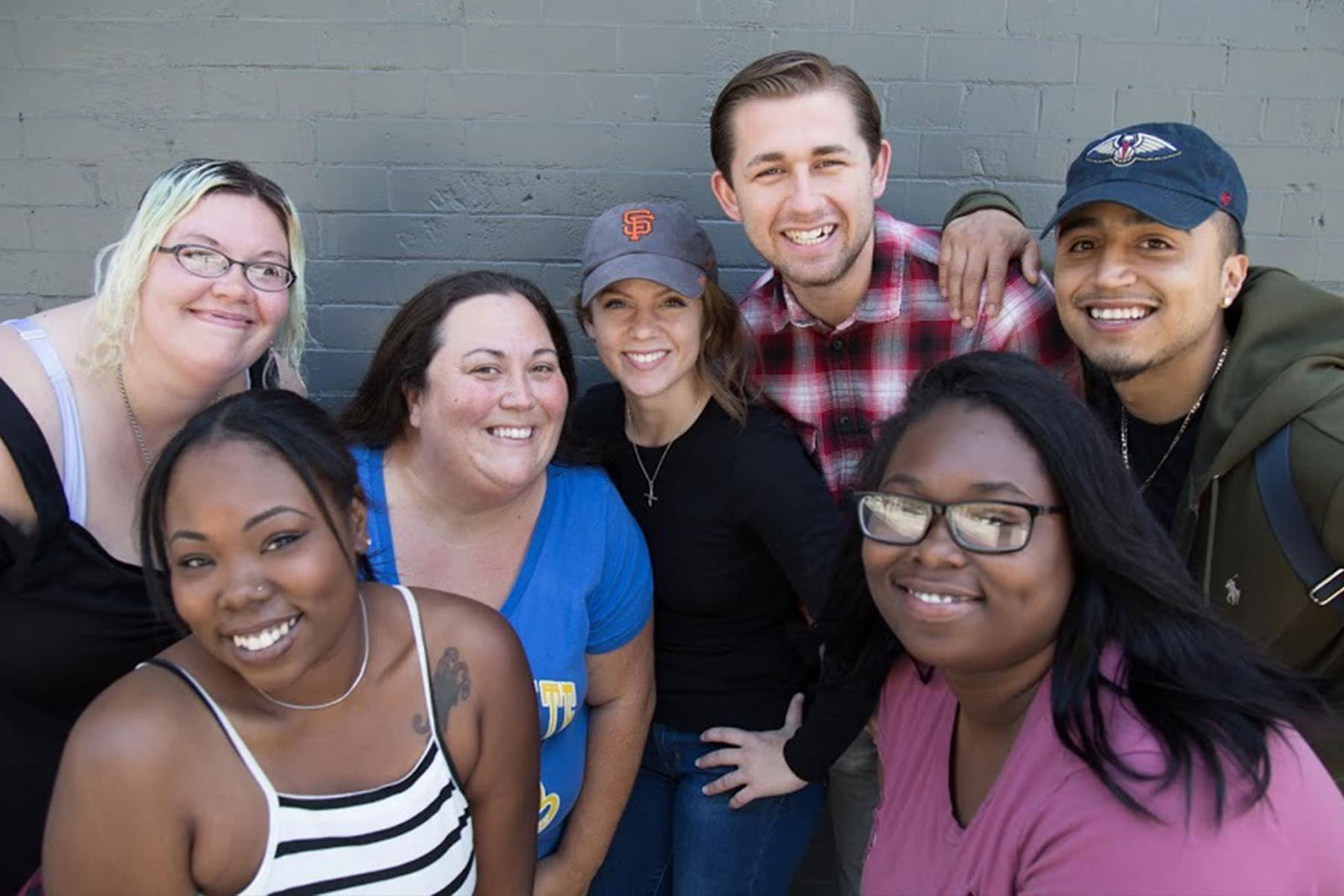Moving to a new home is a major transition in any young person’s life. Now imagine having to make the change blindfolded every few months. For many youth in foster care, each new placement means having to enroll at a new school, figure out how to get there, get signed up for free lunch, and connect to support services—often all on their own. Navigating complex social services, which is burdensome enough for adults, can present significant obstacles for a young person. In fact, it’s estimated that 1 in 4 foster youth do not remain in the system past 18—even though they are eligible for services—because of negative experiences in care.
Why is it so challenging? The agencies that support foster youth, such as county departments of education, social services, probation, and health, often exist in silos and lack a centralized system to coordinate resources. Even social services within the same county struggle with information sharing, and something as routine as transferring a high school transcript can become an exercise in bureaucracy and frustration for a foster youth and their case worker. When these social safety nets aren’t woven together, current and former foster youth who’ve aged out of the system fall through the cracks, experiencing high rates of mental health issues, justice system involvement, and even homelessness as a result.
To help develop an ecosystem of care, Tipping Point is funding the development of a statewide database for government and nonprofit agencies to track housing, employment, and educational outcomes for foster youth. The first of its kind in the nation, this database would enable in-depth analysis of how services are delivered to youth and help service providers identify where youth need additional support and care.
Tipping Point is also investing in Foster America’s fellowship program to bring innovation and new types of expertise to the child welfare sector. Across four Bay Area counties, government agencies are opening their doors to fellows with backgrounds in fields like data science, technology, and human-centered design. Fellows are charged with spearheading projects that solve entrenched problems, increase inter-agency partnership, and improve data sharing among organizations. “The leaders at these agencies are fueled by a real desire to change the system for the better,” shared Katie Hubner, Director of the Better Futures Initiative at Foster America. “Investing in solutions like this is crucial in connecting the dots across programs, agencies, and regions across the Bay Area and beyond.” 

